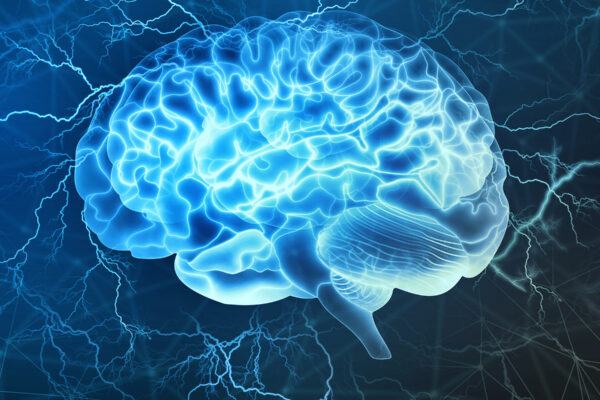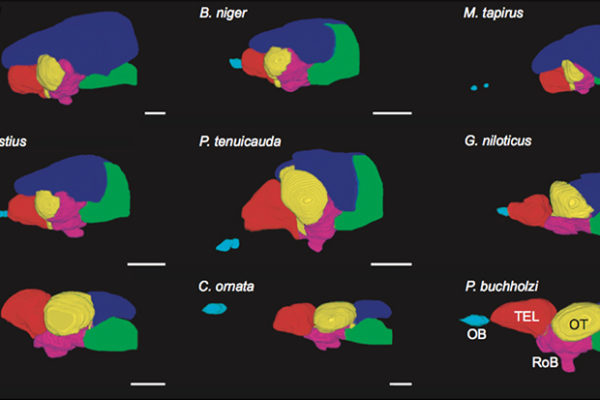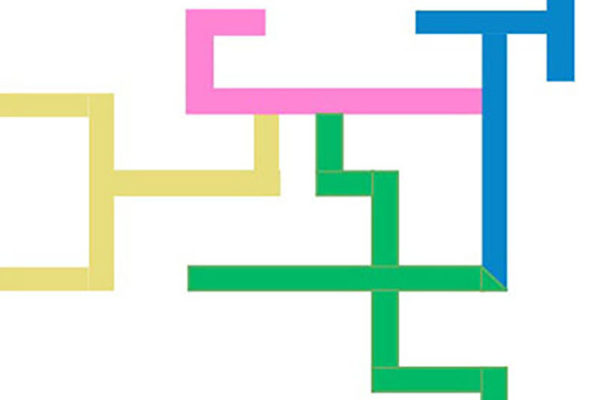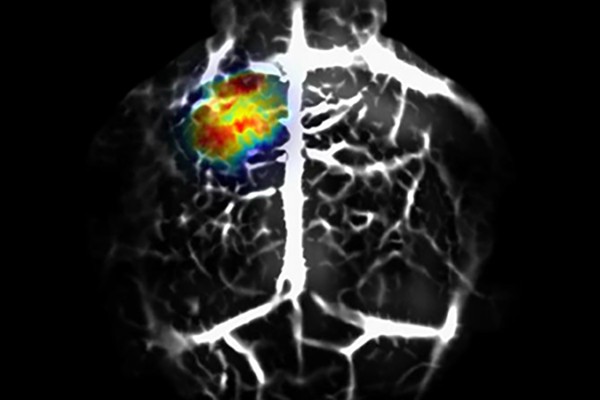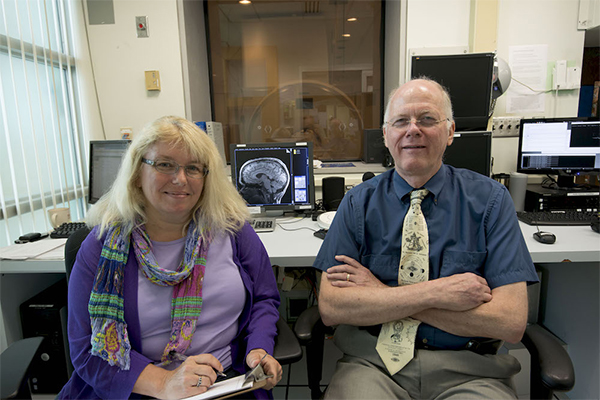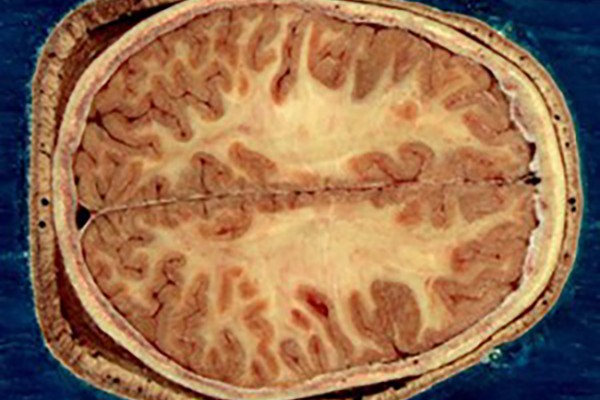Understanding criticality and the brain’s neural networks
New research from Washington University in St. Louis confirms that the brain tunes itself to a point where it is as excitable as it can be without tipping into disorder, similar to a phase transition. The new research from Keith Hengen, assistant professor of biology in Arts & Sciences, is published Oct. 7 in the journal Neuron.
New maps hint at how electric fish got their big brains
Washington University researchers have mapped the regions of the brain in mormyrid fish in extremely high detail. In a study published in the Nov. 15 issue of Current Biology, they report that the part of the brain called the cerebellum is bigger in members of this fish family compared to related fish — and this may be associated with their use of weak electric discharges to locate prey and to communicate with one another.
Early signs of Alzheimer’s: Navigating may hold key
Long before Alzheimer’s disease can be diagnosed clinically, increasing difficulties building cognitive maps of new surroundings may herald the eventual clinical onset of the disorder, finds new research from Washington University in St. Louis.
Flipping the switch to better see cancer cells at depths
A team of engineers, led by Washington University’s Lihong Wang and postdoctoral researcher Junjie Yao, found that by genetically modifying glioblastoma cancer cells to express BphP1 protein, derived from a bacterium commonly found in soil and water, they could clearly see tiny amounts of live cancer cells as deep as 1 centimeter in tissue using photoacoustic tomography.
The brain’s wiring is linked to good – and bad – behavioral traits
The way our brains are wired may reveal a lot about us, according to new research co-authored by scientists at Washington University in St. Louis. For example, people with “positive” behavioral traits, such as sharp memories, many years of education and robust physical endurance, have stronger neural connections between certain brain regions than people with “negative” traits, such as smoking, aggressive behavior and a family history of alcohol abuse.
Newly discovered brain network recognizes what’s new, what’s familiar
New research from Washington University in St. Louis has identified a novel learning and memory brain network that processes incoming information based on whether it’s something we’ve experienced previously or is deemed to be altogether new and unknown, helping us recognize, for instance, whether the face before us is that of a familiar friend or a complete stranger.
Med Campus students win Neuro Startup Challenge
A team of Washington University students on the Medical Campus recently won top honors in the Neuro Startup Challenge, a biotech startup competition designed to commercialize promising brain-related discoveries of scientists at the National Institutes of Health (NIH).The team developed a business plan to commercialize a test for patients with multiple sclerosis.
Antiviral compound may protect brain from pathogens, West Nile virus study shows
Studying West Nile virus infection in mice, scientists at Washington University School of Medicine in St. Louis have shown that an antiviral compound tightens the blood-brain barrier, making it harder for the virus to invade the brain.
Discovery may open door for treating fragile X carriers
Fragile X syndrome, an inherited cause of autism and intellectual disability, can have consequences even
for carriers of the disorder who don’t have full-blown symptoms. Researchers at Washington University School of Medicine in St. Louis have identified
a potential target for treatment for fragile X carriers.
New understanding of stroke damage may aid recovery
Stroke can lead to a wide range of problems such as depression and difficulty moving, speaking and paying attention. A new study led by Maurizio Corbetta, MD, at the School of Medicine has found evidence that stroke damage to “cables” buried inside the brain plays an important role in these impairments.
View More Stories
